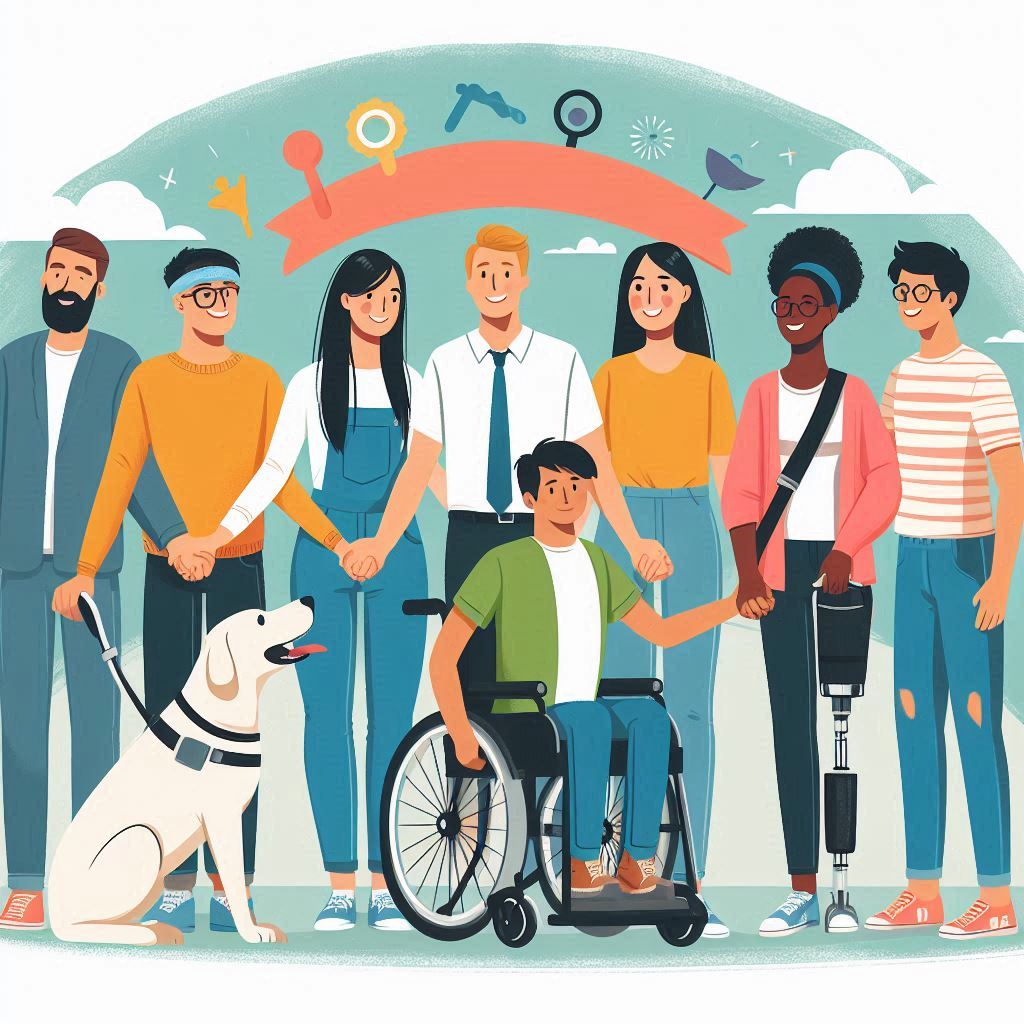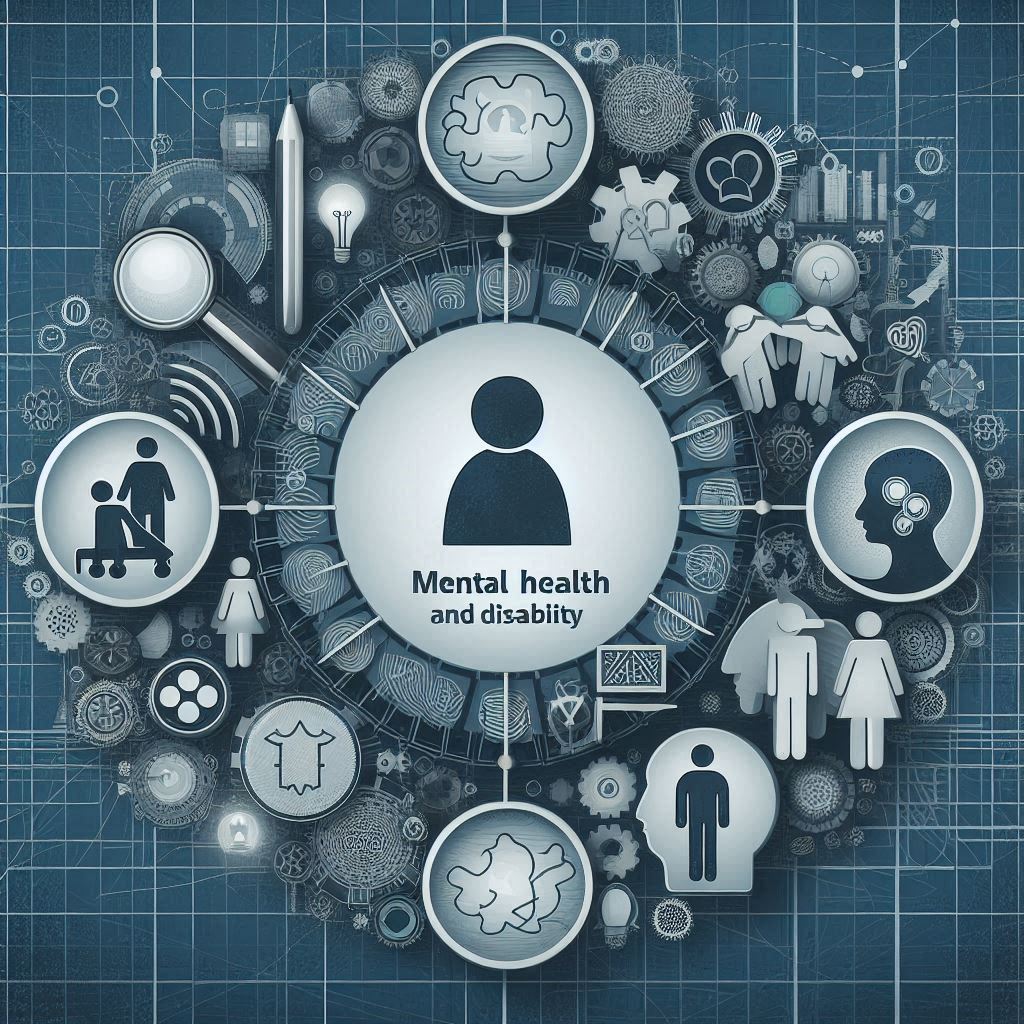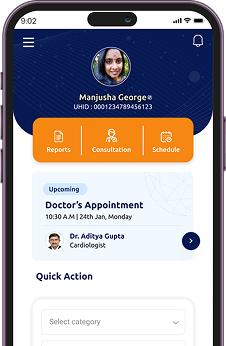Creating an inclusive and supportive framework requires a multifaceted approach involving individuals, communities, and policymakers. Here are some actionable strategies:
Raising Awareness and Reducing Stigma
Conduct community campaigns to educate the public about the realities of living with mental health conditions and disabilities.
Promote narratives that emphasize ability, resilience, and inclusion.
Improving Accessibility to Mental Health Services
Develop integrated care models that address both mental health and disability-related needs.
Ensure physical accessibility of mental health facilities and offer telehealth options for those with mobility issues.
Policy Reforms and Legal Protections
Strengthen anti-discrimination laws to protect individuals with disabilities from workplace bias and societal exclusion.
Implement policies that mandate reasonable accommodations in educational institutions, workplaces, and public spaces.
Community Support Systems
Establish peer support groups for individuals living with mental health challenges and disabilities to share experiences and foster a sense of belonging.
Encourage family involvement and provide caregiver support programs.
Education and Training for Professionals
Train healthcare providers, educators, and employers on the intersection of mental health and disability to ensure informed and compassionate care.
Focus on person-centered approaches that respect the autonomy and dignity of individuals.
Promoting Self-Care and Empowerment
Encourage mindfulness practices, physical activity, and other self-care routines tailored to an individual’s abilities.
Offer vocational training and skill-building programs to enhance independence and confidence.
Photo credit: Getty Images






















